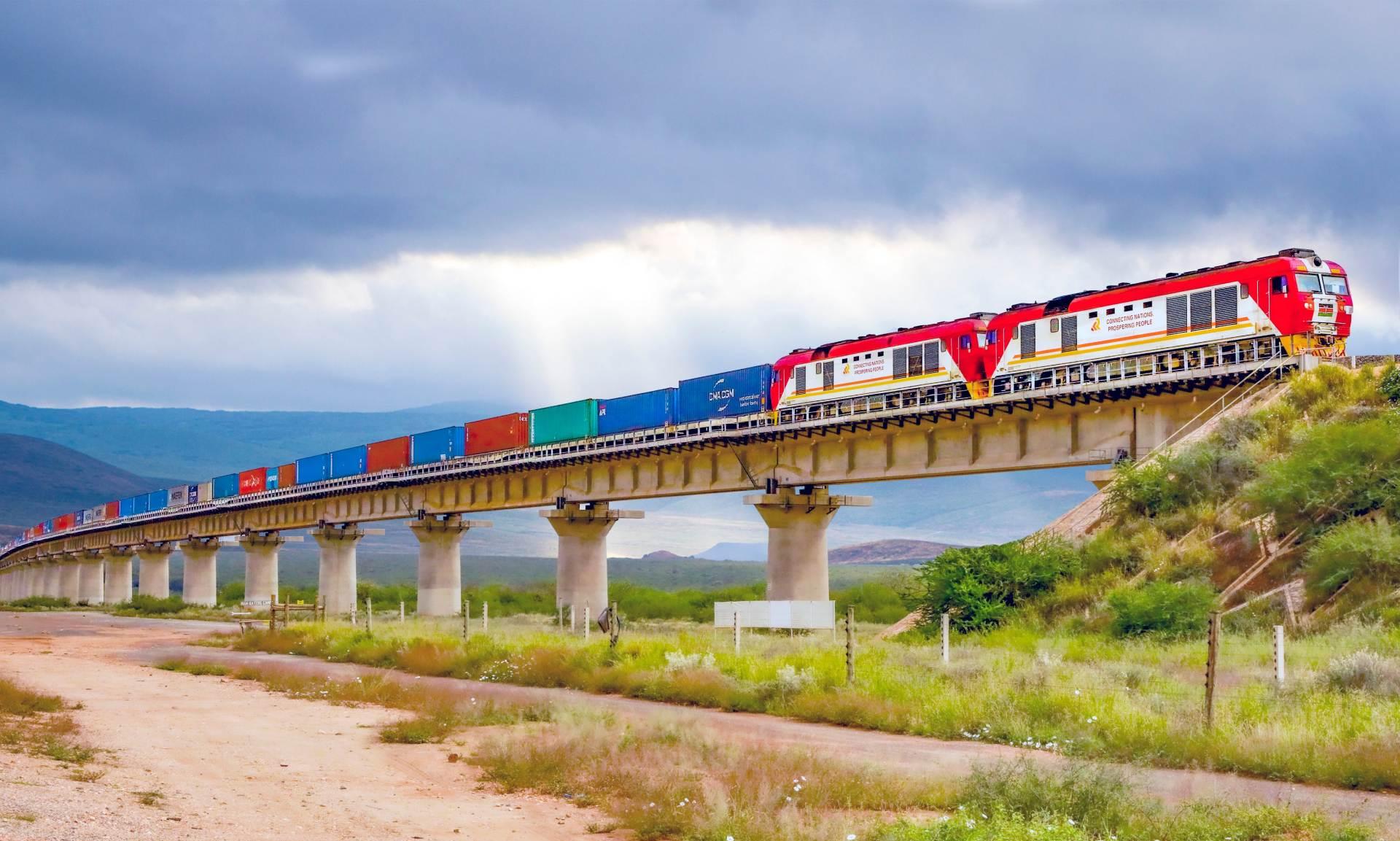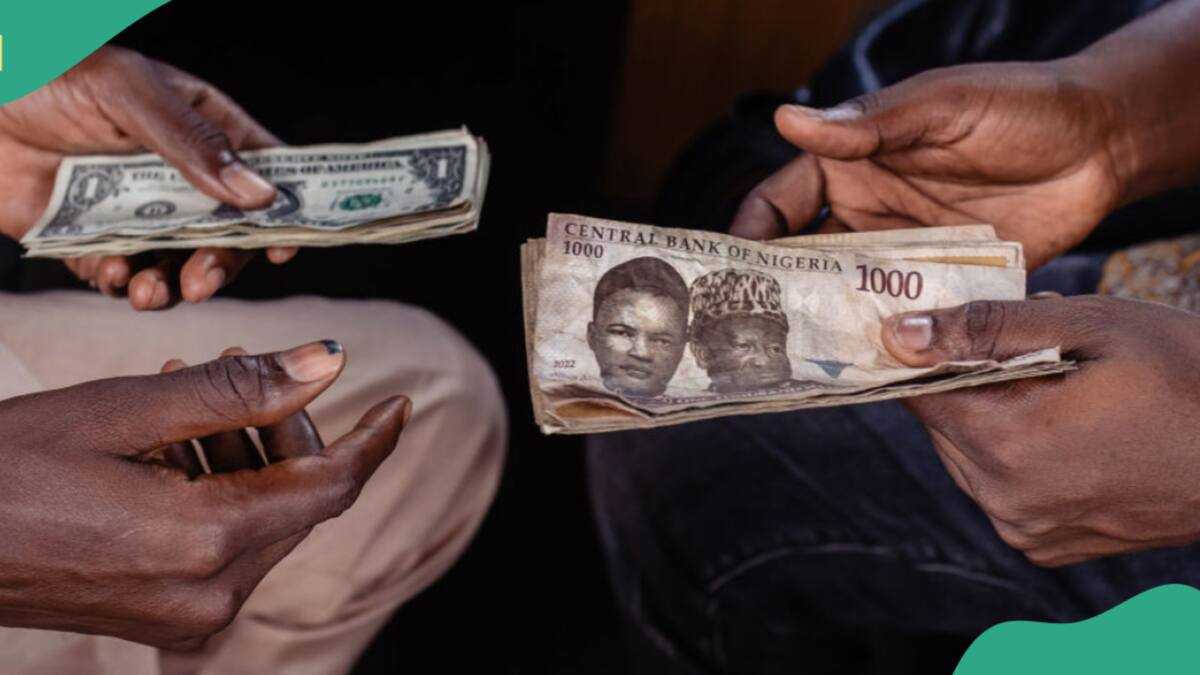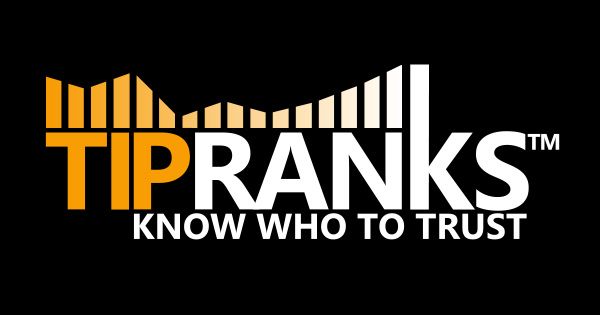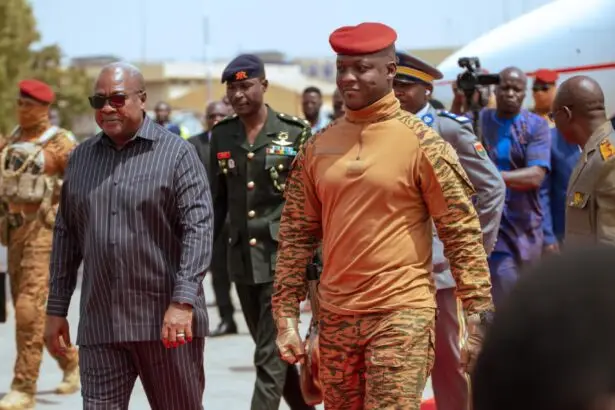Some traders in Mai’adua Local Government Area of Katsina State on Thursday decried the 0.5 per cent additional tariff imposed by the AES on imports into their countries.
Speaking in separate interviews in Kongolom, a border town in Mai’adua, these traders said the increased tariff would negatively affect their business activities.
The traders specifically noted the potentially negative effect of the tariff on traders along the Nigerian/Niger Republic border communities.
Alhaji Muhammad Mamman, a trader along the axis, told journalists that the initiative could only disrupt the long-standing trade relationship between the countries in the region.
He said that was because many traders in the border communities relied on daily transactions to sustain their businesses and families.
“Small and medium-scale businesses may not be able to afford the expenses forced by this new tax.
“If only fewer goods move across the border, markets in Mai’adua and other areas will suffer, leading to economic stagnation,” he said.
Mamman observed that the measure also had the tendency to increase smuggling activities, especially by small traders looking for ways to bypass the official channels, which may lead to revenue losses.
Malam Abubakar Sagir, another trader in the area, said that rather than impose more taxes, both countries should work on improving trade policies that encourage economic cooperation.
Sagir noted that businesses in the border communities had already been affected by the border closures and diplomatic issues, especially between Nigeria and Niger Republic.
The traders, he said, might reduce their imports or look for alternative routes to avoid the levy, which comes with its own risks.
On his part, Alhaji Kabir Sani, a businessman, revealed that the majority of the traders depended on small profit margins.
“Any extra cost will affect our ability to compete; adding a 0.5% duty will only make things worse.
“Instead, both governments need to find a better way to support trade, not make it harder.
“If this continues, business will slow down and both Nigerians and Nigeriens will suffer; poverty will also increase,” Sani added.
The tariff
The Alliance of Sahel States (AES) countries – Mali, Niger, and Burkina Faso – recently imposed a tariff on goods coming into the Sahelian countries from non-members.
The 0.5 per cent tariff on goods imported from countries outside the AES is to improve trade among the member states.
In January, the three Sahel nations announced their withdrawal from the regional body – Economic Community of West African States (ECOWAS) – to form the AES.
These nations exited the bloc following internal political upheavals and disagreements with ECOWAS over governance and democratic norms.
The primary issue stems from ECOWAS’s imposition of sanctions and suspensions on these countries. These measures were taken in response to political instability and perceived failures to adhere to democratic principles within the AES states.
The sanctions have had far-reaching consequences, not only for the AES states, but also for other ECOWAS members. Trade disruptions and economic losses have been reported, particularly in Nigeria and Benin, which have historically maintained strong economic ties with the AES states.
In response to their suspension, the AES states had sought alternative alliances, including closer ties with Guinea, another ECOWAS member. This realignment has the potential to disrupt traditional trade routes and economic flows within the region, further complicating the situation.
Despite their departure, they will temporarily retain access to ECOWAS privileges, such as the free movement of people and goods, until the terms of separation are finalised through ongoing negotiations.
Meanwhile, the AES has implemented a joint programme targeted at goods imported from non-member states and countries without a customs agreement with the alliance.
According to a document signed by Mali’s military leader and AES president, General Assimi Goïta, the revenue from this tariff will be allocated to finance AES initiatives, including economic development, public infrastructure projects, and social support programmes.
Importantly, goods in transit, aid, donations and non-refundable subsidies are exempt from customs duties.
Mali’s Minister of Economy and Finance, Alousséni Sanou, has emphasised that the new tariff does not constitute an added burden on consumers.
“We have the ECOWAS community tax, which is uniformly applied,” Sanou explained during a televised address. “For Malian consumers, this tariff is merely a transfer and will not impact imports or the price of imported food.”
The military-led governments of Mali, Niger, and Burkina Faso — each of which seized power through coups between 2020 and 2023 —have stated their commitment to pursuing policies of independence.
Despite efforts to bring the trio back to ECOWAS, the AES has largely maintained its stance, citing the need for greater autonomy and a focus on its own security and development priorities.
They have gone on to develop their own travel documents and joint security outfits to counter the threatening security challenges of the three countries.
They made a significant move by launching new biometric passports. This initiative reflects their commitment to modernising security features and asserting their independence from the ECOWAS.
Burkina Faso led the way in September 2024, unveiling a passport that notably omitted the ECOWAS logo, making a bold political statement.
Also recently, Niger’s junta leader, Abdourahamane Tchiani, was sworn in as the country’s president for a transition period of five years under a new charter that replaces the West African nation’s constitution.
Niger-Nigeria trade volume
The trade ties between Niger and Nigeria highlight the potential impact of this new tariff policy.
Statistics from World Integrated Trade Solution show that in 2022, Niger imported goods worth $290 million from Nigeria, making Nigeria one of its top five trading partners.
Conversely, Niger exported goods valued at $68 million to Nigeria that same year.
However, by 2023, Nigeria’s exports to Niger decreased to $209 million, with key products including Petroleum Gas ($44.6M), Electricity ($41.5M), and Cement ($32.8M), according to data from the Observatory of Economic Complexity.
This levy marks the end of decades of free trade across ECOWAS nations and highlights the widening rift between the AES and influential democracies like Nigeria and Ghana to the south.
Trade war in sight
Experts are saying the imposition of tariffs will be counterproductive to the AES countries.
Speaking with Daily Trust on the phone on Monday, a retired Nigerian diplomat to African countries and the United States, Ambassador Joe Keshi, said: “These countries are landlocked and they depend on coastal countries for their goods. So, in my view, it sounds crazy. If other countries retaliate, they will even lose more.
“Let’s see whether the federal government will retaliate by imposing the same amount of tariff on goods coming from Niger because it will change the equation.
“It will mean that they (AES countries) are escalating the crisis with ECOWAS. While a number of ECOWAS member states are generally willing to accommodate them, they have become intransigent in my view, and are not even accepting the olive branch that has been given to them since this crisis started.
“So, to impose a 0.5% tariff, it’s not in good spirits, and could lead to a trade war of which they will lose because other countries can now say ‘you pay tariff for your goods leaving our stores, crossing to your country, and then you pay another one if any good is coming from your country to our country’.
“It’s not whether they have left ECOWAS or not, they should understand the essence of good neighborliness and why Africa needs to beef up its trade relations.”
Responding to the view that the AES might be using this tariff as a weapon to attract more countries into its fold, especially the French-speaking countries, the ex-diplomat said: “I don’t see how Togo paying 0.5% on goods from Togo to Burkina Faso, for example, or to Mali, will now make Togo to go and join the organisation.
“Togo can have a relationship with them without joining. Any of the countries in ECOWAS can have a relationship without joining, but if they want a trade war with ECOWAS, which is not necessary, at the end of the day, I guess that they would be the losers.”
Kimiebi Imomotimi Ebienfa, the acting head of crisis monitoring and public communications at the Ministry of Foreign Affairs, in a short response to Daily Trust enquiry about Nigeria’s possible response, said: “Nigeria will study the situation carefully and respond appropriately based on our national interest”.
Meanwhile, a senior official of the ministry told Daily Trust that the AES countries failed to analyse the situation well before going on to announce their tariff, as they would be more impacted by the policy.
“They are disadvantaged, they are landlocked and depend on neighbouring countries to get things done economically, yet they are announcing a tariff on goods coming into their countries. Is that not madness?
“The fact that they left ECOWAS doesn’t mean they have to start a fight with the remaining members of the regional bloc,” the official who doesn’t want his name in print said.









